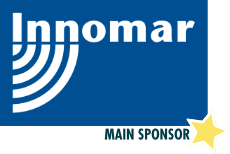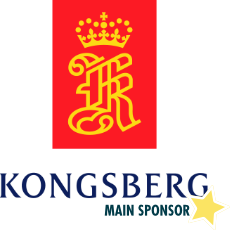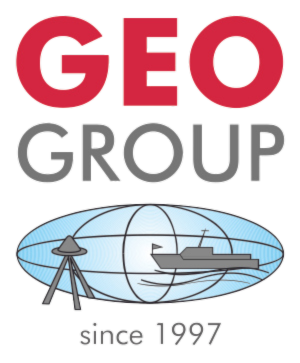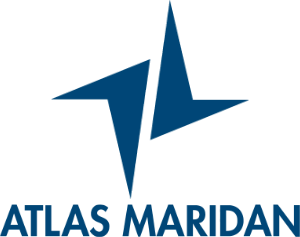The hotel was built in 2005 and provides spacious, maritime-style rooms, an award-winning spa, 11 restaurants and bars, several boutiques, and great views of the yacht port and Baltic Sea. The Spa features different saunas, a modern gym, and an indoor pool with romantic chimney and relaxation zone. Beauty treatments and massages are offered here. There is free WiFi and the congress centre is just a footstep away.
Conference Hotel
Adress: Am Yachthafen 1, 18119 Rostock-Warnemünde
Phone: +49 381 / 50 400 Email:
Find more information and impressions on the conference venue "Yachthafenresidenz Hohe Düne"
Congress Centre
The sitemap of the conference building shows: Everything is only a few steps away.
Have a good time in Rostock-Warnemünde.

Warnemünde is an old fishing village that belongs to the city of Rostock since the 14th century. Beginning of the 19th century Warnemünde began to develop into a seaside resort. In 1903 a railway ferry was established to Gedser (Denmark) and a direct railway connection between Copenhagen and Prague was operated for about 100 years. Today Warnemünde is Germany's most important harbour for cruise ships.
Find more information and impressions on Rostock-Warnemünde
Receiving full city rights in 1218, Rostock was among the towns troughout Northern Europe forming the Hanseatic League, a medieval trade union. From this time there are stll many buildings in the city centre (Brick Gothic architecture). Main export goods were fish (herring) and beer. You should not miss to taste the local beer "Rostocker". Among the main churches in the city centre you should visit St. Peter (Petrikirche) where you can have a beatyful view from the tower and St. Mary (Marienkirche) with its astromical clock which was built in 1472 and is still in its original state and operational.
Today Rostock is the industrial and cultural centre of North-East Germany with about 205,000 inhabitants. The University of Rostock, founded in 1419, is one of the oldest universities in Europe. It was the first traditional university in Germany to open a technical faculty in 1951. Today the Department for Maritime Systems bundles maritime research within different faculties. There are many other research institutes and higher-education with a total of about 15,000 students in town.
Traditionally, the local industry was related to ship-building, the first propeller-driven steamers in Germany were constructed here. In the 1920s to 1940s Rostock was also well known for it's aircraft industry (Arado, Heinkel). In August 1939 world's first jet-engined aircraft (He 178) was successfully tested in Rostock. Today's economy is is mainly characterised by maritime industries (especially ship building and offshore construction), high-tech industries (IT, biotechnology/life sciences, medical engineering, offshore wind), tourism and the service sector.
Rostock also has strong relations to hydrography and maritime education. The Federal Maritime and Hydrographic Agency (BSH) is located in Hamburg and Rostock. In Rostock-Warnemünde there is a Maritime Technical College and a Maritime Simulation Centre (MSCW).
Tourism is an important part of Rostock's economy. Every year in August the city is home to the "Hanse Sail" festival, during which many tall ships and museum vessels are brought out to sea, drawing over 1.5 million visitors. In December the largest Christmas Market in Northern Germany stretches along the historic city centre and attracts many visitors from Germany, Sweden and Denmark.
Find more information and impressions on Rostock City


































